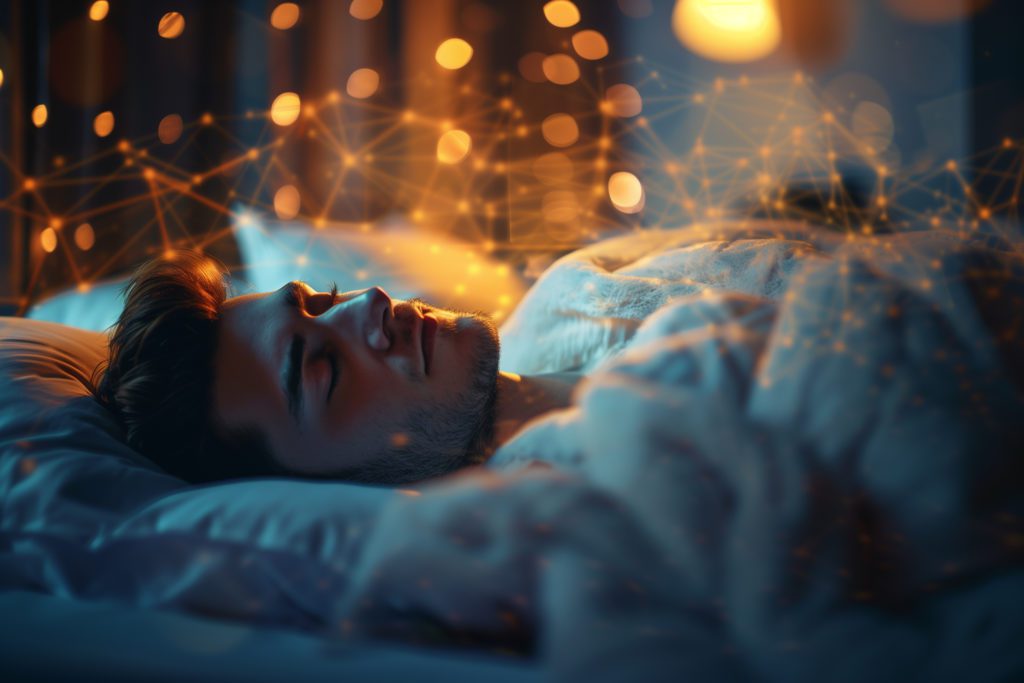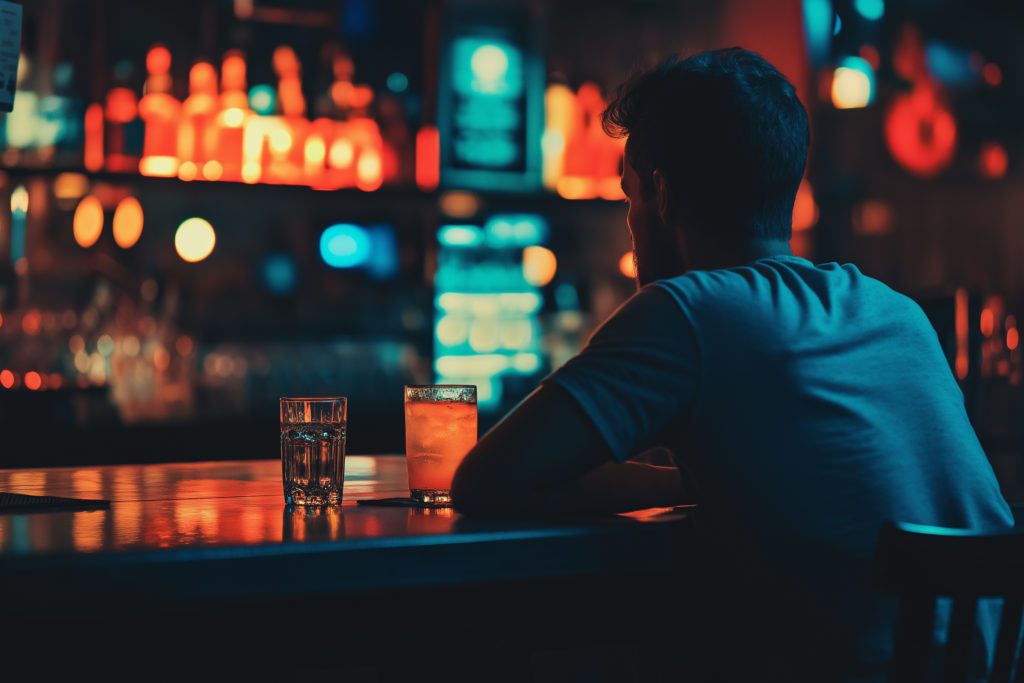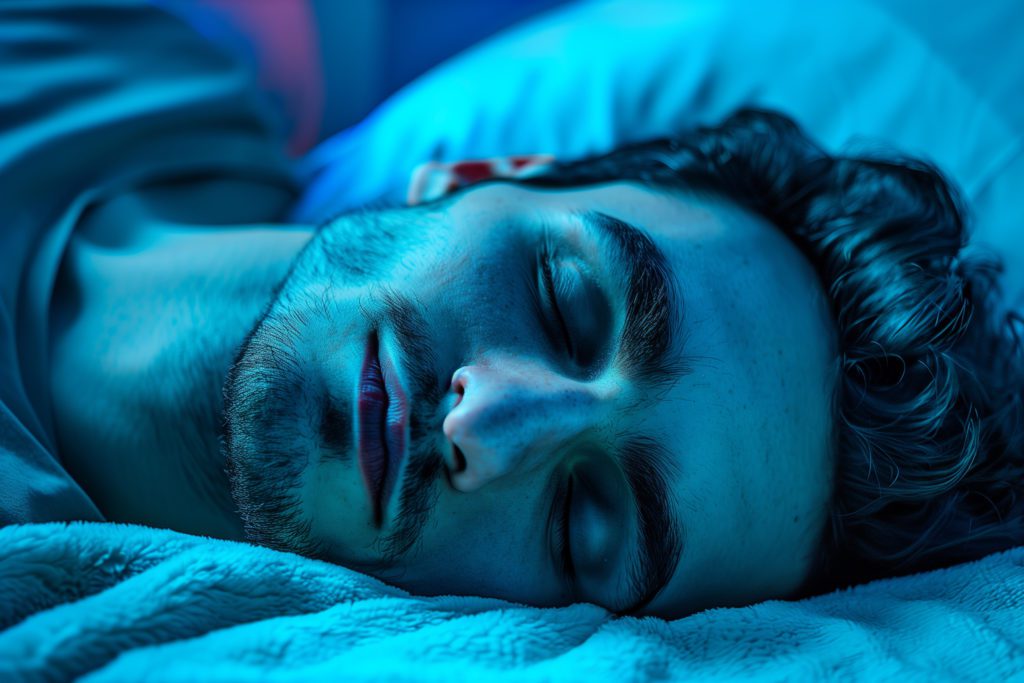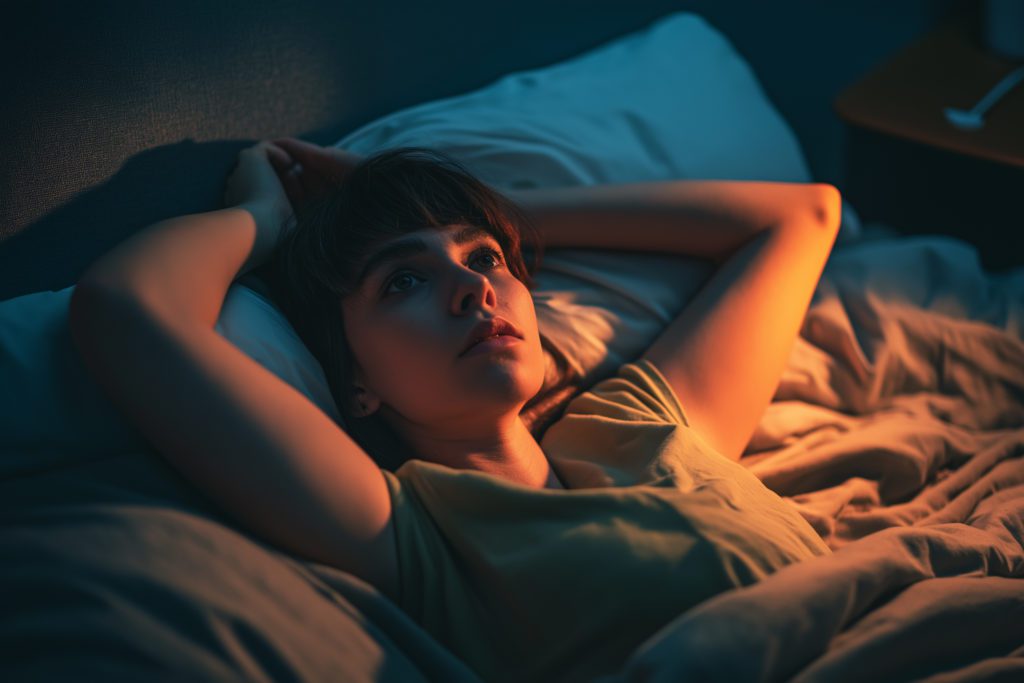
Party Hangover: Why You Feel Exhausted After a Night Out
Are you feeling exhausted after a night out? This article discusses the simple recovery tips to bounce back and keep the fun going strong!

After a fun night out with friends, packed with dancing, laughter, and maybe one too many drinks, you wake up the next day feeling exhausted. Exhaustion seeps into your bones, your head feels heavy, and your only wish is to go under the covers. This experience is all too familiar for many, and it begs the question: why does partying leave us so drained?
It turns out that the "exhaustion after a night out" is not just in your head—it's a real phenomenon with multiple causes, ranging from the effects of alcohol to the disruption of your internal clock. Add in a bit of emotional overload and questionable food choices, and you've got a disaster.
In this article, we'll unpack the reasons behind post-party fatigue and explore ways to recover so you can enjoy the fun without fearing the aftermath.
The Role of Alcohol in Post-Night-Out Exhaustion
Let's start with the obvious culprit: alcohol. While it might be the life of the party, it's also a notorious energy thief. One of the key reasons is dehydration. Alcohol is a diuretic, meaning it makes you pee—a lot. Losing all that fluid can leave your body dehydrated, which in turn saps your energy.
But dehydration isn't the only way alcohol messes with you. It also interferes with your sleep. You might think those few glasses of wine helped you doze off faster, but the quality of that sleep is a different story.
Research shows that alcohol disrupts REM sleep—the stage where your brain processes memories and emotions. Without enough REM, you wake up feeling groggy instead of refreshed.
And let's not forget that many alcoholic drinks are loaded with sugar, which spikes your blood sugar levels. Unfortunately, blood sugar spikes are also linked to poor sleep quality and, ultimately, morning exhaustion.
Sleep Deprivation and Circadian Rhythm Disruption
If alcohol doesn't get you, the late-night hours will. Staying up well past your bedtime throws your circadian rhythm—the body's internal clock—completely out of track. This rhythm controls when you feel alert and when you feel sleepy, and when it's disrupted, results are not good.
Research has shown that sleep deprivation significantly affects cognitive function and mood. When you sacrifice sleep for late-night activities, your brain doesn't get the time it needs to clean up the day's mental clutter. Instead of waking up feeling sharp, you're stuck in a mental fog, trying to remember where you left your phone.
Let's also discuss where you're sleeping. Studies suggest that unfamiliar sleeping environments can lead to lighter, less restorative sleep. So, even if you manage a few hours, it's more like a power nap than a full recharge.
Social and Emotional Overload
Even if you kept your alcohol intake moderate and managed a decent nap afterward, there's another culprit behind the exhaustion after a night out: social and emotional overload. Hours spent engaging with friends, meeting new people, and dealing with loud, crowded environments can leave your social battery completely drained.
Socializing is fun, but it also works for your brain. Conversations require focus, and remembering names or responding to jokes adds to the cognitive load. Over time, this constant engagement can be exhausting.
Then there's the sensory aspect of a party. Loud music, flashing lights, and packed dance floors can overwhelm your senses. Research shows that prolonged exposure to sensory stimuli can contribute to mental fatigue.
What's more? The highs of laughter and dancing can be followed by the post-party blues—a sense of emptiness or regret once the fun is over. This emotional drop can leave you feeling mentally and physically drained, even if you had the time of your life. So, while parties can be thrilling, they're also a lot for your mind to handle.
Nutritional and Physical Impact
The physical toll of partying plays a huge role in your exhaustion after a night out. Dancing for hours, walking in heels, or even just standing around can leave your muscles sore.
But it's not just the physical activity—your nutrition also contributes. Late-night junk food binges are practically a rite of passage, but greasy burgers and fries aren't exactly energy-boosting superfoods.
Foods high in fat and sugar can make you feel sluggish and bloated the next day. And if you skipped a proper dinner before heading out, you've left your body running on empty.
Adding to the mix, alcohol, and sugary snacks can deplete essential nutrients like magnesium and potassium, which your muscles and nerves need to function.
How to Recover from Exhaustion After a Night Out?
The morning after a big night out, your body craves two things: rest and recovery. Here's how to give it what it needs.
Hydration
Hydrate like it's your job. Water is your best friend after a night of alcohol-fueled fun. Add an electrolyte drink—your body needs those minerals back.
Healthy Breakfast
Fuel up with a wholesome breakfast. Skip the greasy diner food and go for options rich in protein, healthy fats, and complex carbs. Eggs, oatmeal, or a smoothie with spinach and banana can work wonders for your energy levels. Bananas are rich in potassium, which helps replenish what you lost.
Take Rest
Your body worked overtime, so give it a break. Spend the day relaxing—watch a movie, take a nap, or do some light stretching. If you're up for it, a short walk in fresh air can help clear your head and boost circulation.
The Bottom Line
From dehydration caused by alcohol to disrupted sleep patterns, sensory overload, and poor food choices, it's clear that partying is hard work for your body and mind. The key is to prepare and recover wisely. Hydrate, eat nutrient-rich meals and give yourself plenty of time to rest and recharge.

Written by
Dr Aqsa
As a Medical Doctor, Dr Aqsa, uses her knowledge to craft complex medical information that is understandable to the general public. For years, she has tried to improve health literacy and empower readers with valuable health knowledge through her articles, blog posts, and educational materials.
Download Pillow
Get help
Press & News
Legal
Connect
X (Twitter)
Company
Copyright © Neybox Digital Ltd.



